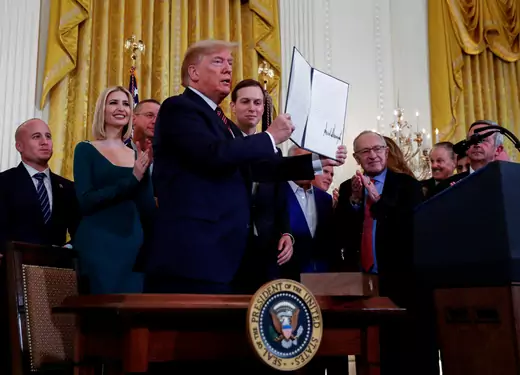- Iran
- Israel-Hamas
-
Topics
FeaturedIntroduction Over the last several decades, governments have collectively pledged to slow global warming. But despite intensified diplomacy, the world is already facing the consequences of climate…
-
Regions
FeaturedIntroduction Throughout its decades of independence, Myanmar has struggled with military rule, civil war, poor governance, and widespread poverty. A military coup in February 2021 dashed hopes for…
Backgrounder by Lindsay Maizland January 31, 2022
-
Explainers
FeaturedDuring the 2020 presidential campaign, Joe Biden promised that his administration would make a “historic effort” to reduce long-running racial inequities in health. Tobacco use—the leading cause of p…
Interactive by Olivia Angelino, Thomas J. Bollyky, Elle Ruggiero and Isabella Turilli February 1, 2023 Global Health Program
-
Research & Analysis
FeaturedFollowing a long series of catastrophic misadventures in the Middle East over the last two decades, the American foreign policy community has tried to understand what went wrong. After weighing the e…
Book by Steven A. Cook June 3, 2024
-
Communities
Featured
Webinar with Carolyn Kissane and Irina A. Faskianos April 12, 2023
-
Events
FeaturedJohn Kerry discusses his work as U.S. special presidential envoy for climate, the challenges the United States faces, and the Biden administration’s priorities as it continues to address climate chan…
Virtual Event with John F. Kerry and Michael Froman March 1, 2024
- Related Sites
- More
September 12, 2016
G20 (Group of Twenty)Steven A. Tananbaum Senior Fellow for International Economics Robert Kahn argues that at the Group of Twenty (G20) Summit in Hangzhou, China, leaders called for governments to do more to support growth, but offered little in the way of new measures. Quietly, and away from the G20 spotlight, fiscal policy is becoming more expansionary, but current policies are unlikely to provide a meaningful boost to growth or soothe rising populist pressures.
May 29, 2020
Election 2020The United States is one of the countries that is most susceptible to foreign election interference. To safeguard the U.S. elections in November, Robert K. Knake argues that the United States and oth…

December 6, 2013
JapanBottom Line: Abenomics had an impressive start, but the structural reform agenda has bogged down, raising questions about whether macro policies alone can float the Japanese economy. Against the back…
January 24, 2012
IranOverview Confrontation with Iran over its nuclear program has prompted worries that escalation could lead to massive oil market disruptions. In this Energy Brief, Robert McNally outlines several s…

January 27, 2014
Fossil FuelsRobert Lawrence shows that, absent other changes in the economy, benefits from declining oil imports for the long-term U.S. trade deficit have been overstated.

 Online Store
Online Store
